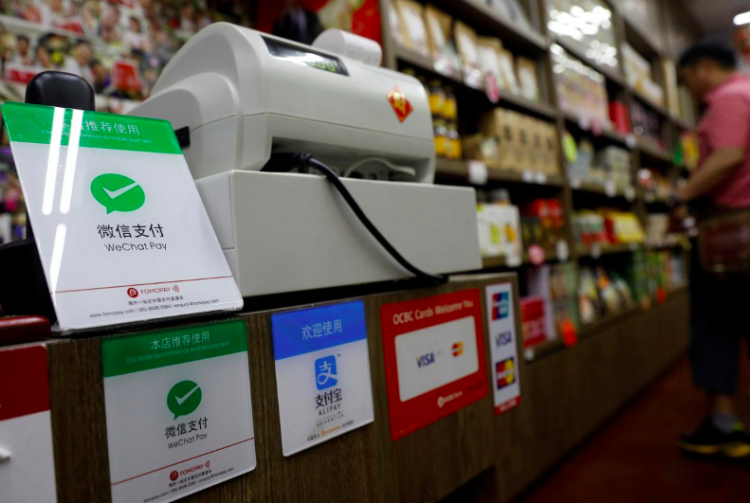Smartphone apps are becoming more and more popular around the world, but in China, consumer living has been transformed over the past decade. It is expected that apps will keep changing the way people live in the country, for all the convenient reasons.
According to the South China Morning Post, among the top apps that people in China use rampantly is Tencent's WeChat. It was a messaging app before it gradually adapted other systems that allow consumers to make payments without cash.
Aside from allowing for cashless payments, WeChat has also become a space for people in search of new friends and popularity. Some non-celebrities have over 100,000 followers and friends who share the same interests.
Meituan is another app that allows consumers to purchase in groups. The company later merged with Dianping and the merger resulted in the biggest lifestyle platform available in the country today.
Finally, Alibaba's Taobao is one of the most widely used online retail platform that Chinese consumers use. Alibaba is considered as China's challenge to Amazon, the world's largest e-commerce website.
Within a decade, China's mobile internet population has ballooned five times. The China Internet Network Information Center revealed that as of June of this year, the number of people using mobile internet has reached 847 million.
Industry experts believe China's smartphone app segment will continue to expand further as the years pass, especially with the arrival of newcomers who will disrupt the industry and offer potentially greater options for consumers.
Cashless payments are just part of the Chinese mobile internet industry. Consumers can hail taxis and other rides, order food and have them delivered to their doorsteps, and monitor their bank accounts through secure smartphone channels.
Another aspect of the mobile internet that industry experts are looking forward to is 5G. The high-speed technology is expected to transform more than just the way consumers live. Instead, it is expected to also bring better progress in healthcare and other sectors.
A product manager at China Mobile, Sun Yun, noted that 5G networks will help save a lot of time for medical experts who need to conduct prompt diagnoses. Furthermore, 5G networks could help improve structures within the service sectors.
For patients, it is expected that more convenience will be offered through mobile and computer 5G technology. Remote consultation will allow medical providers to provide quality advice even if they're away from a particular patient or hospital.
China's mobile internet sector is expected to grow further as the country seeks higher technological development within the next several decades. It remains to be seen whether the country will soon start the groundwork for 6G networks.





